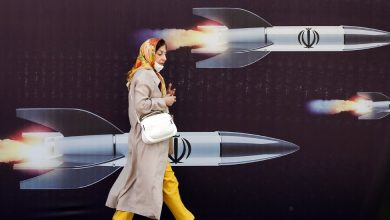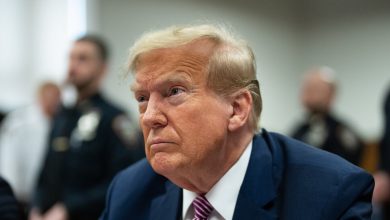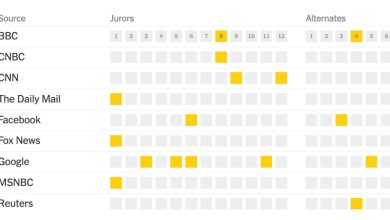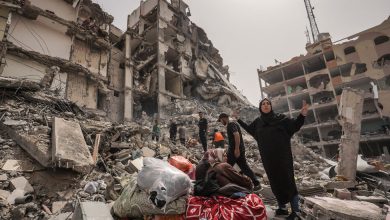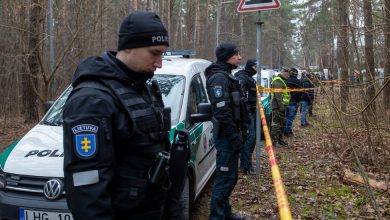Ukrainian Orthodox Church Breaks with Moscow Over War

The leaders of the central branch of the Orthodox church in Ukraine have made a formal break with the hierarchy in Moscow, widening the schism in a church that was already divided before Russia’s invasion of Ukraine.
The Council of the Ukrainian Orthodox Church said that it disagreed with the position that Patriarch Kirill I, the leader of the Moscow Patriarchate of the Russian Orthodox Church, had taken on the war, according to a statement posted on the council’s Facebook page on Friday.
Patriarch Kirill has repeatedly blessed the Russian military forces invading Ukraine. Because he is the church’s spiritual leader in both countries, many of the Ukrainians dying under the onslaught are his followers. He has also avoided condemning attacks on civilians.
Until now, the Ukrainian Orthodox Church had formally maintained its allegiance to Moscow.
The church has been under the wing of the Moscow Patriarchate for centuries, and its departure will markedly decrease the size of the patriarch’s flock because Ukrainians attend church in greater numbers than Russians.
But it is unclear how many of the bishops and parishes in Ukraine will follow the lead of the council, or how many might try to stick with Moscow, Sergei Chapnin, a Russian religious scholar who has been in the United States since the invasion, wrote on Facebook.
Vladimir Legoyda, the spokesman for the Russian Orthodox Church, declined to comment on the rupture, writing on his Telegram channel that the church had not received any formal notification from the Ukrainian church. He accused “external forces” of trying to destroy the church’s unity.
Before the announcement on Friday, about half the 45 dioceses of the Ukrainian Orthodox Church had already stopped mentioning Patriarch Kirill in their prayer services, the first step toward a formal rupture. Hundreds of Orthodox priests in Ukraine recently signed an open letter demanding that Patriarch Kirill face a religious tribunal over the war.
Disputes within the church, which can last for centuries, revolve around complicated questions of doctrine and authority. The church in Ukraine has been wrestling with an internal split since 2014, the year that Russia annexed Crimea and sparked a separatist war in eastern Ukraine.
Each of the 15 branches of the Orthodox church enjoys significant sovereignty, with the main spiritual guide for Eastern Orthodoxy, the ecumenical patriarch of Constantinople, holding much less authority than the pope, for example.
In 2019, however, Patriarch Bartholomew, the worldwide leader for Eastern Orthodoxy, granted independence, called “autocephaly,” to a previously unsanctioned church in Ukraine. More than half of Ukraine’s parishes rejected the decision and stayed under Moscow’s jurisdiction.
Lingering bitterness dividing the two Ukrainian branches endures, but the new announcement from the council suggested that they might work together.
